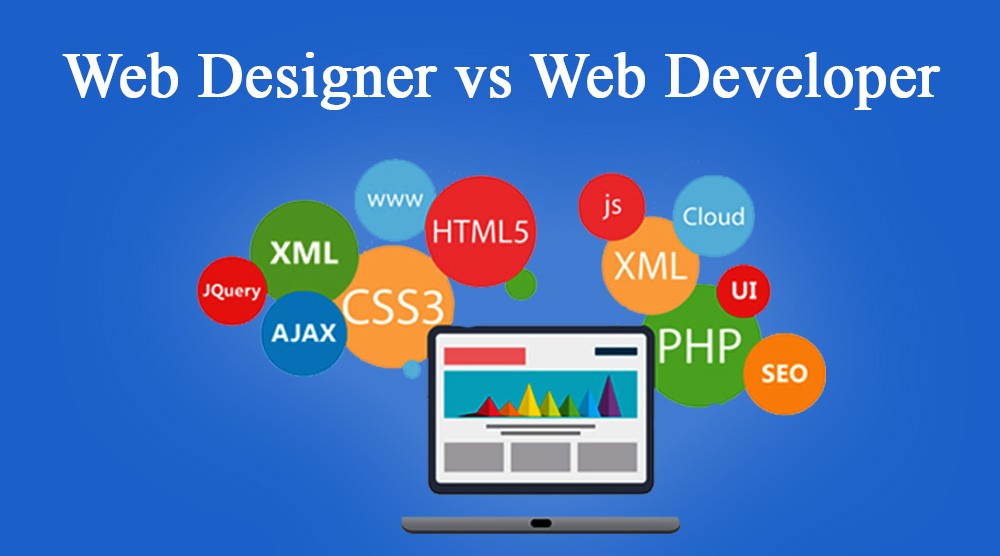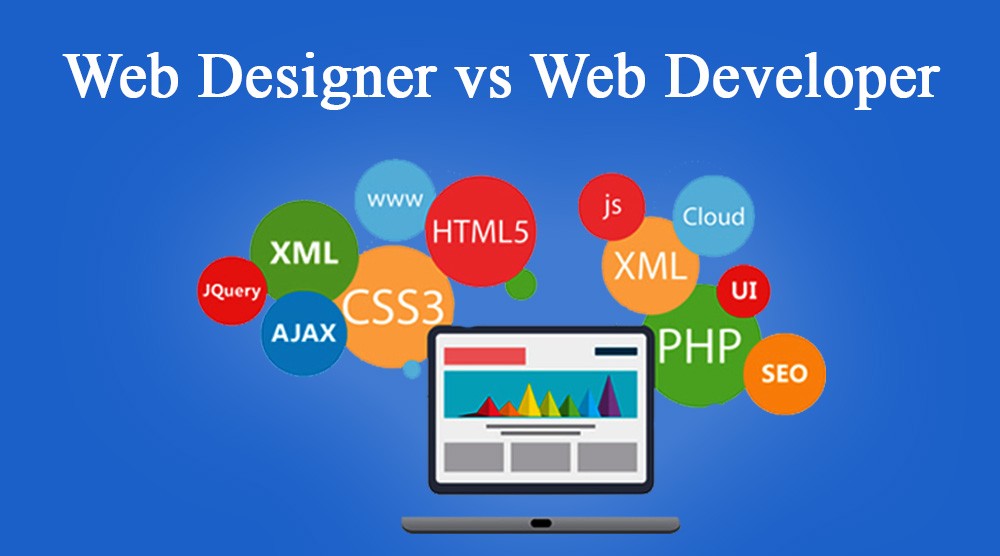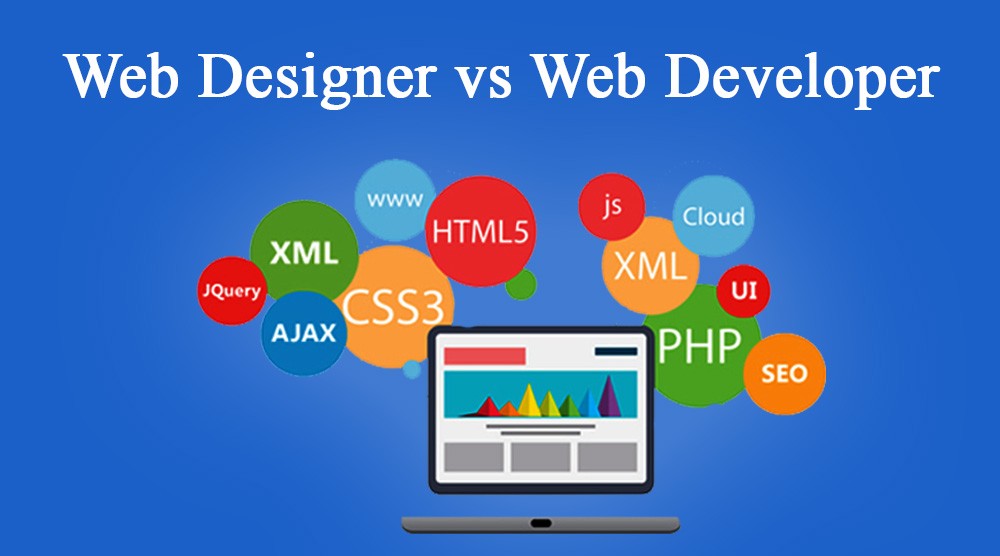
Introduction
In an era dominated by digital competition, the quest for online visibility and customer engagement has never been more critical for businesses. Enter the realm of SEO companies, specialized agencies armed with the expertise to propel your online presence to new heights. Among the myriad of options available, partnering with an SEO company near you offers unique advantages tailored to your local market.
Understanding SEO Companies
SEO company near me are specialized agencies that focus on improving a website’s visibility and ranking on search engine results pages (SERPs). They employ
insert “various”variousstrategies and techniques to optimize websites, drive organic traffic, and enhance overall online performance. These companies typically offer a suite of services tailored to meet the unique needs of businesses across various industries.
Services Offered by SEO Companies
- Keyword Research and Analysis: An SEO company near me conducts in-depth keyword research to identify relevant search terms that potential customers use. This helps in creating targeted content and optimizing website pages for better visibility.
- On-Page Optimization: This involves optimizing various on-page elements such as meta tags, headings, and content to align with search engine algorithms and improve rankings.
- Off-Page Optimization: SEO companies also focus on off-page optimization, which includes link building, social media marketing, and other strategies to enhance a website’s authority and credibility.
- Content Creation: Content plays a crucial role in SEO success. SEO companies near me often provide content creation services, including blog posts, articles, infographics, and videos, to engage audiences and drive organic traffic.
- Technical SEO: This aspect involves optimizing website structure, mobile-friendliness, site speed, and other technical elements to ensure better search engine crawling and indexing.
- Local SEO: For businesses targeting local customers, SEO companies offer local SEO services that optimize listings, citations, and Google My Business profiles for improved local search visibility.
Benefits of Partnering with an SEO Company Near Me
- Local Expertise: SEO companies familiar with the local market understand regional trends, competition, and customer behavior, allowing them to create targeted strategies that resonate with the target audience.
- Personalized Approach: Working with a local SEO company enables personalized communication and tailored strategies based on the business’s specific goals and challenges.
- Quick Response and Support: Proximity to the SEO company ensures faster response times and efficient support, addressing any issues or concerns promptly.
- Building Long-Term Relationships: Local SEO companies often focus on building long-term partnerships with clients, providing ongoing support, monitoring performance, and adapting strategies to achieve sustained success.
- Cost-Effective Solutions: Contrary to the misconception that local services are expensive, partnering with an SEO company near you can often result in cost-effective solutions tailored to your budget and objectives.
Choosing the Right SEO Company
When selecting an SEO company near you, consider the following factors:
- Reputation and Experience: Look for a company with a proven track record of delivering results and extensive experience in the SEO industry.
- Services Offered: Evaluate the range of services offered by the company and ensure they align with your business goals and requirements.
- Client Reviews and Testimonials: Check client reviews, testimonials, and case studies to gauge the company’s credibility and success stories.
- Communication and Transparency: Choose a company that values clear communication, and transparency, and provides regular updates on the progress of your SEO campaigns.
- Customized Strategies: A reputable SEO company will develop customized strategies tailored to your business’s unique needs and objectives, rather than offering one-size-fits-all solutions.
Conclusion
In the competitive digital landscape, partnering with an SEO company near you can be a strategic investment that yields significant returns. By leveraging their expertise, personalized approach, and comprehensive services, businesses can enhance their online visibility, attract quality traffic, and ultimately achieve sustainable growth. Take the time to research and choose the right SEO company that aligns with your goals, and embark on a journey toward digital success.



















